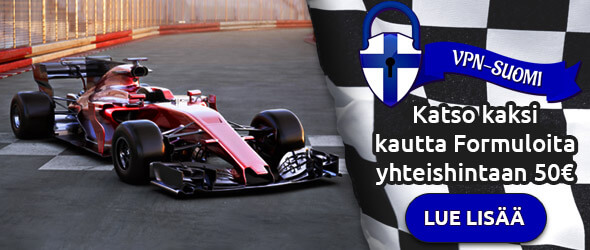
In English,Maa Country Land,matkailu,Yleinen
We travelled to Iceland in June 2013 when lupins blossomed between moss-covered lava stones. Besides lupins we saw few other flowers, bushes or trees in the harsh landscape. We went to the Gullfoss waterfalls, we saw erupting geysirs and swam in the outdoor Blue Lagoon baths. During winter, temperature seldom falls below zero degrees Celsius so that must be a relief since the summer days we spent there felt a bit chilly. The hotel rooms shower splashed sulphur containing water and it smelled like rotten eggs. We saw lots of greenhouses warmed up with hot water from the hot springs and they produce fresh fruit and vegetables all the year round. Lots of houses had a warm bubble-bath of their own in their backyard.
In Iceland there are lots of fish and lamb dishes available. I tasted a sandwich filled with slices of local tasty mutton. Lots of restaurants have a fish buffet for a fixed price available and there you are able to taste fish that are rarely available elsewhere. For dessert I tasted a local dairy quark called skyr.
It is probably easy to assume that the Icelanders would be proud descendants of independent Vikings. They surely look like blond Vikings, but the ones we met were interested in how people live elsewhere and in different cultures. It felt a bit strange to be served breakfast by Thai people in Iceland, so far away from their own country. On Saturday night all pedestrians, motorists, immigrants, tourists and locals seemed to crowd the Laugavegur main street in Reykjavik and all the side streets were practically deserted.
Iceland is a unique travel destination. The landscape looks like nothing else elsewhere and they have learned to use the natural resources in ways that are not possible anywhere else.
Our second trip to Iceland was in April 2016, and it felt as a bigger experience to sit outside in crisp spring air, but in a hot bath. To our surprise we noticed that the windows in Reykjavik were open and that is probably because the Icelanders have a distant heating system from the hot springs, which is free for the households. Consumer prices had also risen substantially since 2013, when the Icelandic krona was less expensive.
Europe, food, Iceland, travel, travel experiences